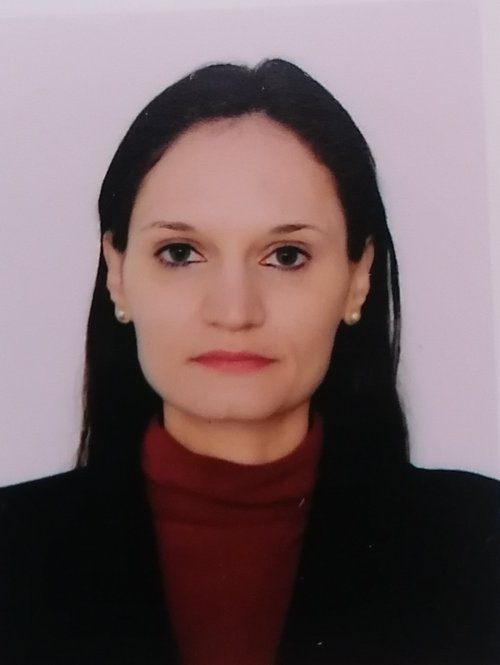
Organisation: SOAS London
Country: Ethiopia and UK (with current residence in the UK)
Bio: Dr Romina Istratii is UKRI Future Leaders Fellow at the School of History, Religions and Philosophies at SOAS University of London. She is also co-Chair of the SOAS Centre of World Christianity. She acts as Principal Investigator of the UKRI-funded project “Bridging religious studies, gender & development and public health to address domestic violence: A novel approach for Ethiopia and the UK” more widely known as project dldl/ድልድል. Her work focuses on developing decolonial, cosmology-sensitive and people-centred methodologies and approaches for analysing and addressing issues with gender dimensions in religious societies of Africa, Asia and other regions of the world.
Dr Istratii specialises in Eastern Orthodox and pre-Chalcedonian (also known as ‘Oriental Orthodox’) Christian Churches and traditions and is particularly versed in Orthodox theology of gender, marriage and the conjugal relationship. Previously, she also conducted gender-related research with Muslim communities in Africa and is involved with inter-faith initiatives in the UK. She is the author of the monograph Adapting Gender and Development to Local Religious Contexts: A Decolonial Approach to Domestic Violence in Ethiopia (Routledge, 2020).
Links: Academic profile (and publications): https://www.soas.ac.uk/about/romina-istratii
Project dldl/ድልድል website: https://projectdldl.org/
Press Red Podcast: In Conversation with Dr Romina Istratii: https://www.pressredresources.org/product/in-conversation-with-dr-romina-istratii/
My reason for joining CNEDA:
"CNEDA offers a platform to share experiences and good practices, overcoming siloed approaches and duplication, which aligns with the aims and ethos of Project dldl/ድልድል."
Some of my personal and professional interests:
"I am passionate about fostering reflexive and critical thinking to understand and respond to complex societal issues, such as domestic violence and abuse, among stakeholders with different (often conflicting) understandings and attitudes about the problem. I am inspired by the need to work through differences of experiences, perspectives and backgrounds to create the space for humble learning and constructive synergies."
The languages that I speak, read, and/or write:
"My first languages are Romanian/Moldavian and Greek. I work professionally in English and Amharic. I am trained in Tigrigna, Chinese Mandarin, and French. I read and can translate with basic level of comfort from Ancient Greek."